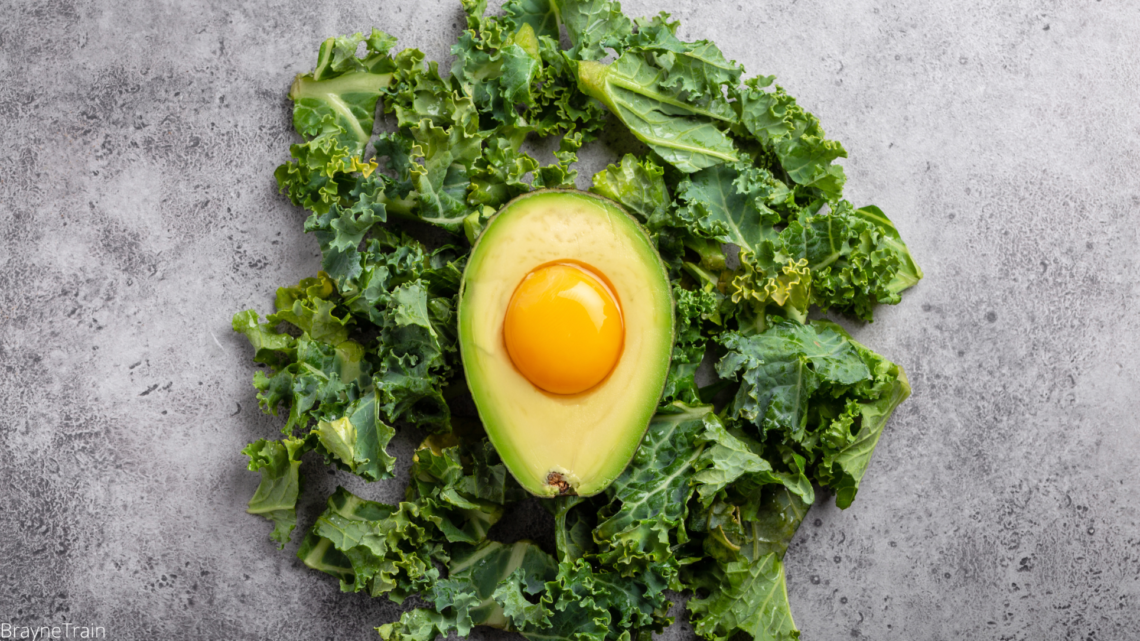
Can a Vegetarian Diet Help Get You into Ketosis?
So you are wondering if you can get into ketosis while on a vegetarian diet?
Being in ketosis has many health benefits, including weight loss, improved insulin sensitivity, and lower blood sugar.
Getting into ketosis requires the body to switch its primary fuel from carbs to fat. How do you do that on a vegetarian diet?
Vegetarians can get into ketosis by following a vegetarian-keto meal plan which includes high amounts of monounsaturated fats (olive oil, avocado oil, etc.), proteins such as goat cheese, and greek yogurt, and vegetables. Also, grains and processed foods are excluded from a vegetarian keto meal plan.
Being a vegetarian on keto is about finding delicious and nutritious plant-based foods and meatless proteins.
In this blog post, we have gathered all the essential information you need for following a vegetarian keto diet and getting into ketosis.
So keep on reading!
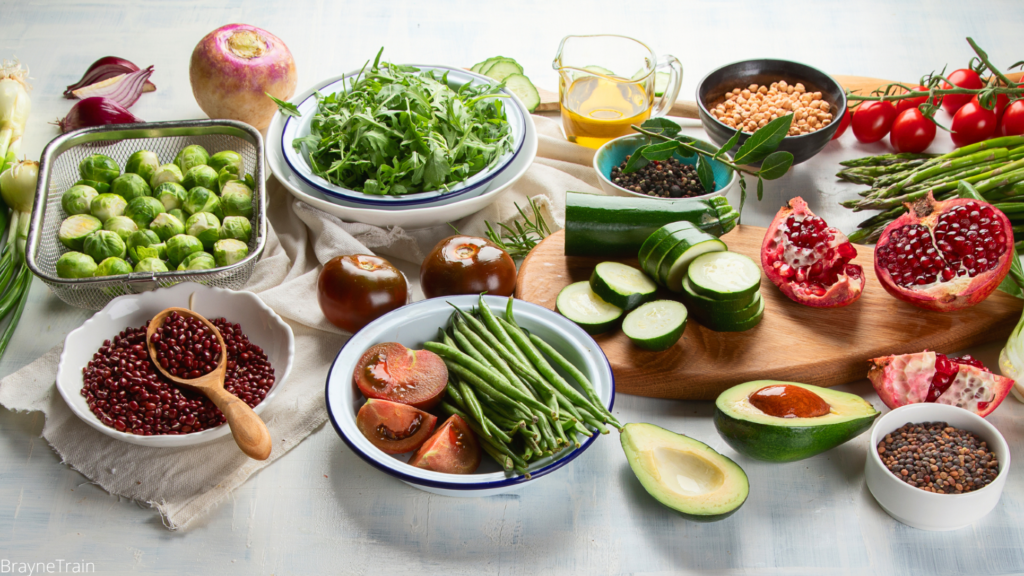
What is a Vegetarian Diet?
A vegetarian diet is a meal plan that excludes meat.
This diet can have many health benefits, including lower blood pressure, lower cholesterol levels, and a reduced risk of heart disease.
Most people following a vegetarian diet eat eggs and dairy products such as cheese and yogurt but exclude meat, poultry, and fish. Others may eat plant-based foods and nuts but exclude eggs, dairy, and honey.
There are numerous reasons why people choose to follow a vegetarian diet.
For some, it’s a matter of ethics or religion. Others may follow a vegetarian diet for health or environmental reasons.
What is Ketosis?
A ketogenic diet is a high fat, moderate protein, and low carbohydrate diet that pushes the body into ketosis.
Ketosis is a state in which the body switches its primary fuel source from sugar to fat. Ketones are the by-product of ketosis (fat-burning).
Ketones are the preferred source of energy for the body and the brain.
Benefits of Ketosis:
- weightloss
- lower blood pressure
- lower blood sugar
- Reduced cravings
- Improved cognitive function
- Improved diabetes
- Better skin
- Better memory
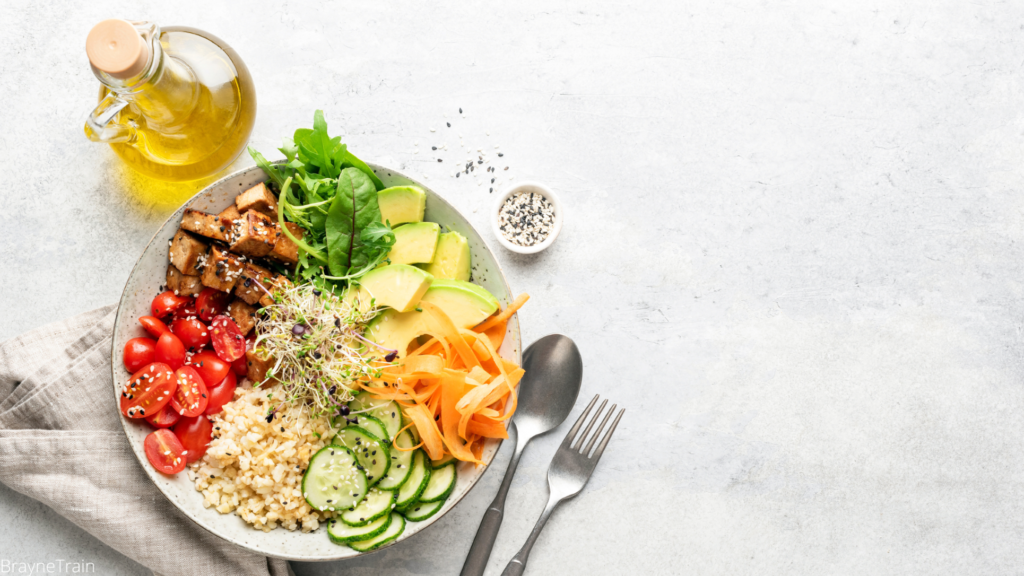
Vegetarian Ketogenic Diet
There is a misconception that Keto and plant-based diets can not work together, and that is simply wrong.
A well-formulated keto diet can be compatible with a vegetarian diet.
The key to a successful vegetarian keto meal plan is to not focus on avoiding meat but on including high-quality monounsaturated fats.
Following the Mediterranean diet’s principles can help create a clean, successful vegetarian keto meal plan.
A Mediterranean diet’s primary focus is high-quality monounsaturated fats such as olive oil or avocado oil.

Vegetarian Keto Guidelines:
Whether you are a vegetarian that wants to get the benefits of ketosis, or you are on keto and want to try vegetarianism, here is how you should proceed.
- Focus on high-quality monounsaturated fats such as olive oil, olives, macadamia oil, and avocado. Fats should be roughly 70% of your total calorie intake.
- Your protein intake should be 25 to 30% of your total daily calories. Make sure your proteins come from organic sources. (pasture-raised organic eggs, etc.)
A vegetarian keto diet can result in vitamin deficiencies, specifically Vitamin A, B12, and Omega-3.
Vitamin A
To improve Vitamin A deficiency, include lightly cooked kale, spinach, or carrots in your meal plan.
Vitamin B12
To avoid B12 deficiency, include pasture-raised eggs, swiss cheese, shiitake mushrooms, fermented black tea, or nori seaweed in your meal plan.
A nice omelet with swiss cheese and mushrooms can help you get enough Vitamin B12 on your vegetarian keto diet.
Omega-3
Omega-3 deficiency is far too common on a vegetarian diet.
To help fix that, the best and only natural substitute that works well is algal oil. Algal oil comes from algae.
Vegetarian Keto Food List:
Protein
- Eggs (pasture-raised, organic)
- High-fat cheese
- High-quality tofu
- High-quality tempeh
- Pea-protein shakes
- Hemp Protein (good quality)
Veggies
- Spinach
- Arugula
- Broccoli
- Cabbage
- Mushroom
- Green bean
- Cauliflower
- Kale
- Tomatoes
Fruits
- Berries
- Avacado
FATS
- Avocado
- Macadamia nuts
- Pecans
- Walnuts
- Almonds
- Flaxseeds
Be careful with the overconsumption of nuts. The best nuts for a vegetarian keto diet are macadamia nuts, hazelnuts, and pili nuts.
Fats:
- Avocado oil
- Coconut oil
- MCT oil
- Olive oil
Foods to Avoid on a Vegetarian Keto Diet:
- Wheat
- Refined sugar
- Corn
- Rice
- Potato
- Sweet potato
- Lentils
- Beans
- Starchy fruits
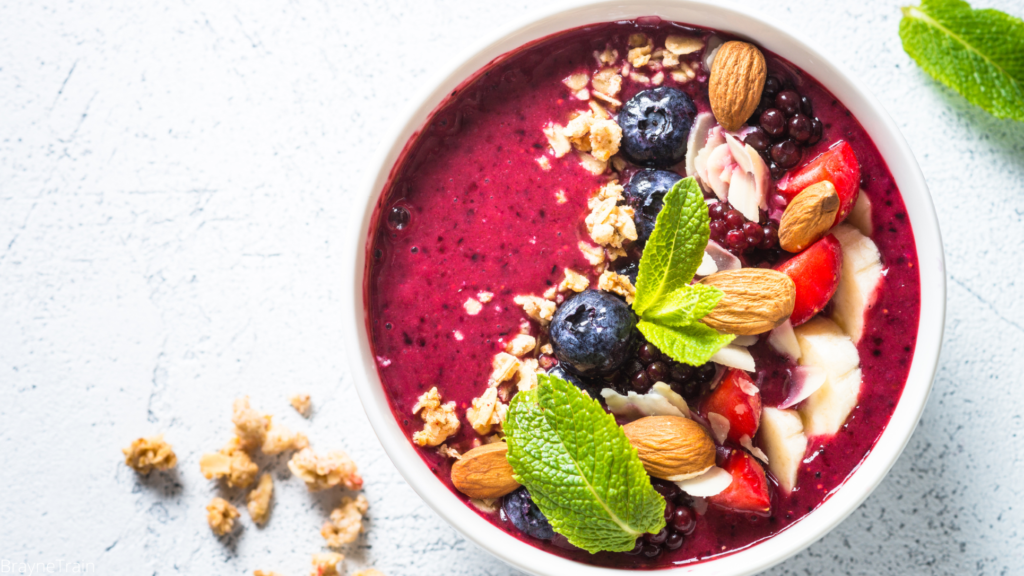
Vegan Keto; is it possible?
A vegan keto diet is possible but may be hard to sustain for many individuals due to its incredibly restrictive meal plan.
Veganism is a plant-based diet that abstains from all animal products. It includes not eating meat, poultry, fish, dairy, eggs, and honey and even refraining from wearing leather, wool, and silk.
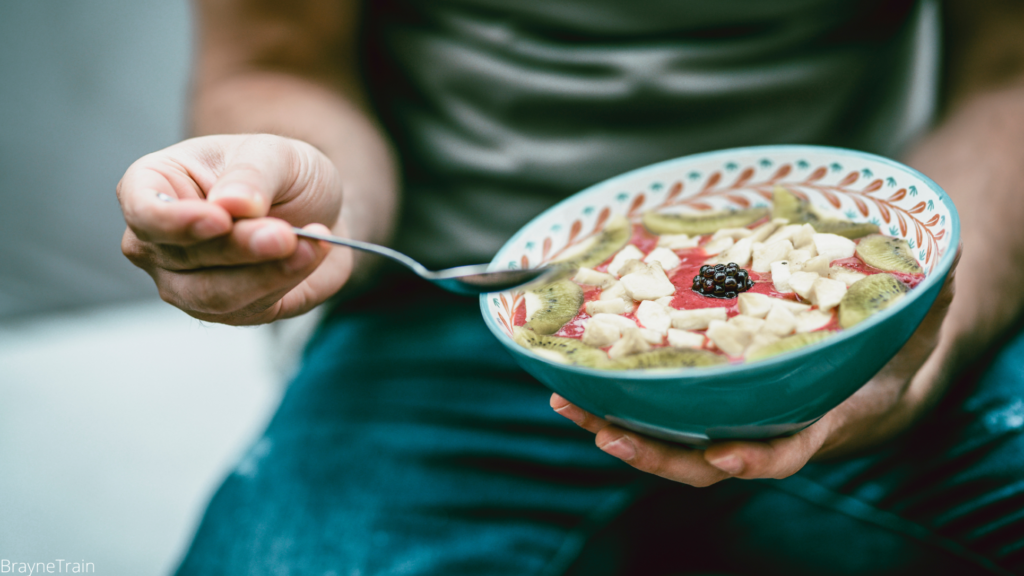
Although challenging, a vegan keto diet is achievable with hard work. It is much easier if you live a vegan lifestyle and decide to try Keto, versus the other way around.
It is important to note that the lack of protein and dairy products can cause increased hunger when you initially start a keto vegan plan.
Vegan Keto Food List:
- Avocado
- Berries
- Chia seeds
- Flaxseeds
- Coconut oil
- Olive oil
- Macadamia nut oil
- Healthy nut butter
- Leafy greens: artichoke, asparagus, mushrooms, etc.
Tips: Protein shakes are essential on a vegan keto meal plan.
Disclaimer: If you have any medical conditions check with your doctor before attempting any new diet or meal plans.
Takeaway:
So if you are a vegetarian but want the benefits of ketosis, it is possible to do so. All you need to do is follow a vegetarian Keto meal plan, and voila! Ketosis. Remember that obeying the Mediterranean keto rules can help you plan your vegetarian keto meal plan better. So give it a try and let us know in the comments how it goes. Thank you for reading!
References:
Paniagua JA, Gallego de la Sacristana A, Romero I, Vidal-Puig A, Latre JM, Sanchez E, Perez-Martinez P, Lopez-Miranda J, Perez-Jimenez F. Monounsaturated fat-rich diet prevents central body fat distribution and decreases postprandial adiponectin expression induced by a carbohydrate-rich diet in insulin-resistant subjects. Diabetes Care. 2007 Jul;30(7):1717-23. doi: 10.2337/dc06-2220. Epub 2007 Mar 23. PMID: 17384344.




